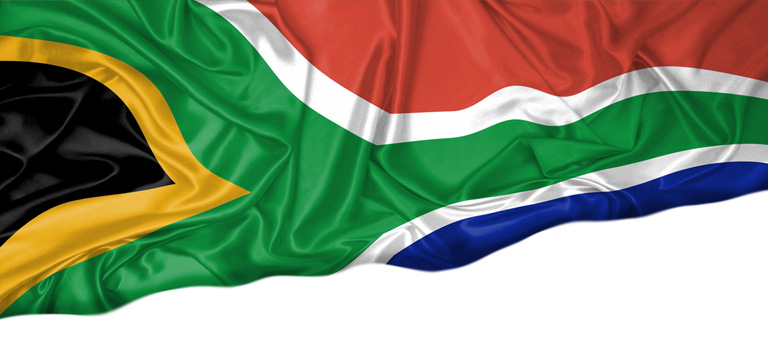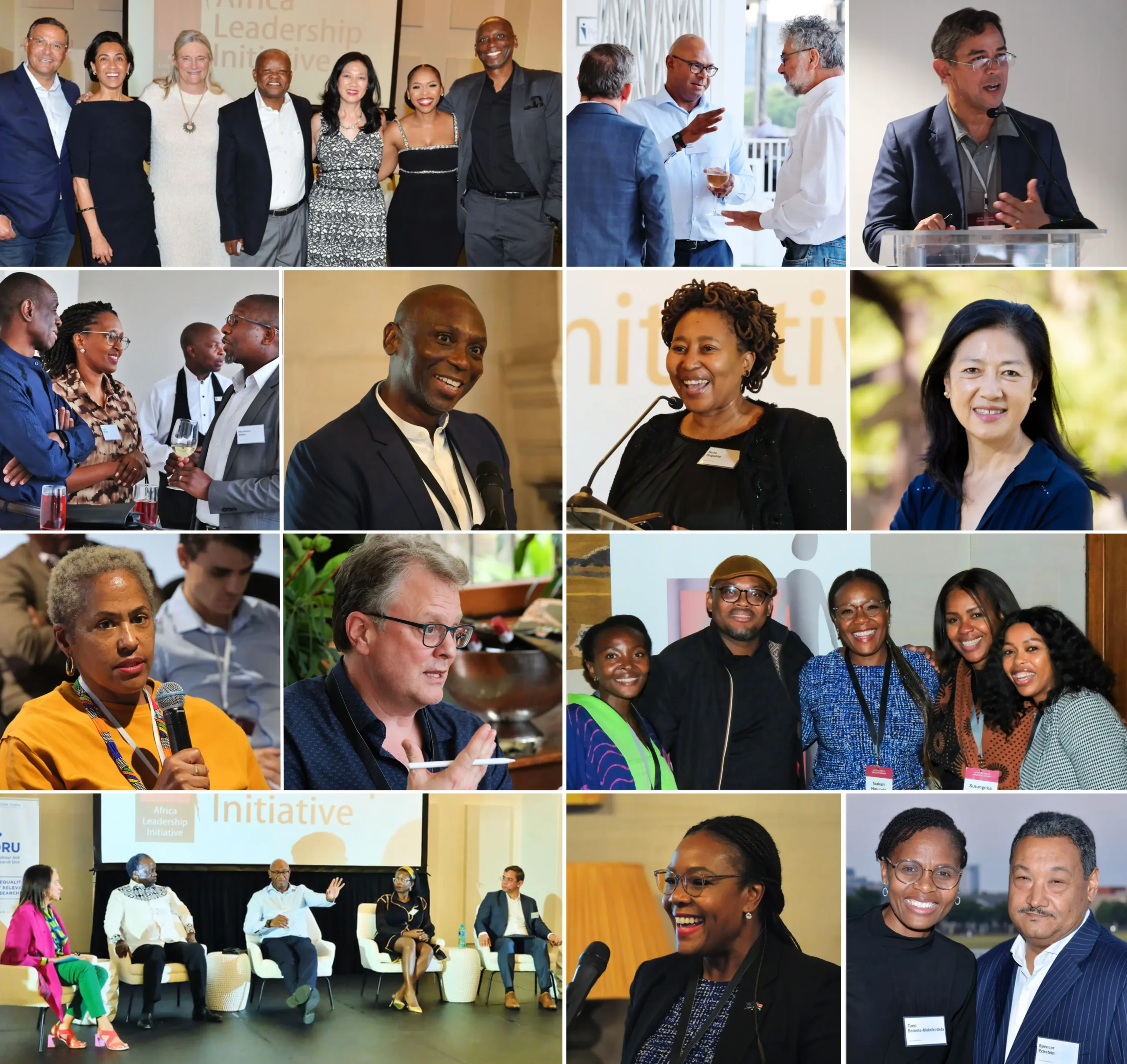
The South African election of 1994 and the birth of our constitution in 1996 brought the promise of a de-racialised, democratic and wealthier future for all citizens. Democratic control of the state, with the purpose of righting historic legacies of race and tribe-based allocation of national assets, gave hope not only to South Africans but to the people of Africa and thinking citizens across the world. We expected the construction of a political economy that tackled poverty, improved education, dispensed justice, thereby healing the deep psychological and economic wounds of apartheid and colonialism.
Unfortunately, the hard work of democracy was abandoned. Whether this was done consciously or not, is immaterial. The achievements of the 70’s and 80’s which produced thousands of “leaders” schooled in values, history, economics, negotiations and communication were undermined and bridges between academia, civil society, and business quickly collapsed. The argument held that with the ANC in power, civil society (other than simple charity) was not needed and aid would best be channeled through the state.
Despite valiant efforts the ANC was not “Ready to Govern”. Pockets of excellence and realism vied with pockets for funding of uncoordinated visions for the future (ideologically driven). With much less in the fiscus than expected and too few hard skills at hand, some poor decisions were made. These were exacerbated by competition for power within the ruling party, as well as incompetence and corruption which steadily spread through government as poor allocations of human capital became commonplace. The objective of controlling government was contested with raw greed for power and cash beating those committed to the constitution’s objectives.
With promises unfulfilled hope was abandoned. Mothers allowed their sons to join gangs instead of dragging them to school — what was the point? Pension funds ceased investing in long term assets — infrastructure was not maintained. If there was no hope for a better future, why invest? All this is not to say that little or nothing was achieved. Given the historical moment and the goodwill of world leaders we failed miserably to fully capitalise a better future. A growing fascism in our polity and society is fed by these failures and threatens our future.
An emerging analysis that we are drifting through crisis to chaos is gaining ground. In crisis repair is possible. In chaos the best of us can but watch for any opportunities to limit damage.
So, what is the “Hard work of Democracy”? The choosing of one system over another and finding individuals to fill spaces and roles, is not a trivial task, but it’s not hard. The Hard work of Democracy is the building of a citizenry which is informed, has values and understands their role as defenders and builders of the future they want for all our children. Slow, careful, sensitive, not supportive of a particular political party, but very political in character. This to be supplemented with emotional and spiritual commitment to the aspirations of our constitution.
Many detailed studies of the State of Our Nation have been done. The human, economic and environmental stresses are documented. Whilst some responses from government, civil society and business have been very effective, these have not slowed the spiral and the threats to our constitution’s vision grow.
Not one of the major parties has a credible plan. Added to this, many small parties (and possibly individuals if the Constitutional Court ruling is implemented) will be entering Parliament without the resources to tackle policy issues or contribute significantly to improvements to governance of the instruments of state. A review of the leadership of many of these show a lack of experience of developing or implementing anything at scale. The cancer of hopelessness in our population will grow unless a better vision, hard skills and quick implementation of practical solutions are achieved. There is a strong probability that parliamentary power will be won by coalitions unable to wield it to the betterment of the future.
What do we do?
- Draw from the lessons of our history, the failures and achievements of the work done in achieving our democratic settlement. Connect the best ideas and interventions to the power to implement them at scale.
- Pull together in a loose alignment the most effective networks we have established and share skills and practices. Consciously build or strengthen bridges between academics, intellectuals, civil society, business and government. We will be more effective together.
- Implement a sophisticated communication plan using all appropriate media and cultural interventions. Learn from above and below.
- Build a base from which others can work. Set, in practice, a programme for the future that is so widely supported that even those in political power cannot afford to undermine it.







